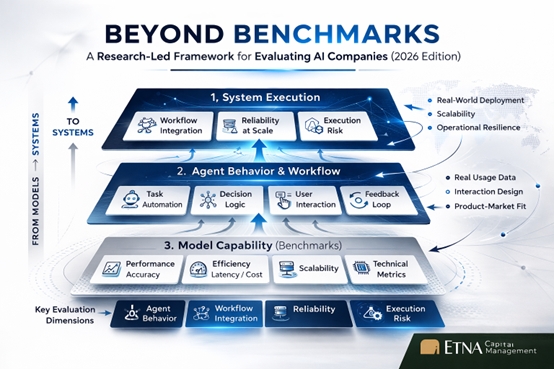SOUTH BEND, Ind. (WSBT) — Artificial Intelligence is getting a lot of attention – from hospital systems to local classrooms. While many people view AI as revolutionary with positive effects, the fast-moving technology is also creating concerns. Some experts say it could be a threat to human civilization.
If you don’t think you use AI now, think again. Your cell phone uses it for a number of features including facial recognition, Siri, and Google maps. But recent advancements have some experts now saying the new AI could be as monumental as the internet itself.

Livestream will begin shortly
From the Hollywood writer’s strike to Capitol Hill, Artificial Intelligence has made headlines. On the streets of South Bend, it’s sparking some skepticism. A young man tells us, “You hear about it all the time in school, but it feels like it’s taking over everything!”
A woman on her bike comments, “It’s definitely going to go wrong. They did a whole series on it – Terminator. I just think it’s a terrible idea.”
So, what exactly is Artificial Intelligence or “AI” as it’s called? Notre Dame Professor John Behrens explains, “Artificial Intelligence is the general idea that computers are doing things that before only humans could do.”
Dr. Behrens leads “The New AI Project” at the University of Notre Dame. It’s an effort to help students and others understand and use AI.
He says, “In the first wave, it was mostly about prediction, like predicting where you should drive and how fast it would take you to get there on Google maps. Now, the new AI is about generating things – generating new kinds of images, generating new kinds of text – things that very clearly only humans could do just a year or two ago.”
ChatGPT changed the game when it launched a year ago and showed the world just how powerful AI had become. In just seconds the tool, when prompted, can sift through enormous amounts of data to create human-like images, voice and text.
“That change was unexpected,” exclaims Dr. Behrens who goes on to say, “It was much faster than expected, and some of the computer scientists are saying we planned on seeing that in 10 years, but we’re seeing it now – so what’s going to happen in 10 years? 20 years? The question is, can it reach a point of autonomous reasoning?”
Many believe this “generative AI” could change how we learn, work and interact. Businesses are starting to take note.
Everwise Credit Union uses AI to improve efficiency in its marketing and customer experience. It has a chatbot you’ll see on Everwise’s website.
Director of Marketing Kelley Taghon says, “We feed it questions and answers and then, as members interact with it and ask it things, it learns how to create better responses.”
In the healthcare industry, some hospitals are using AI algorithms, and it may be more widespread than you think. Beacon Health System’s Dr. Scott Eshowsky says, “With ChatGPT, that kind of opened up a whole new world of opportunities.”
Dr. Eshowsky, who is the chief medical information officer for Beacon, says AI is being used right now to assist doctors in administrative tasks. It’s also helping in early detection and treating patients faster by being used to spot abnormalities in mammograms and strokes
“We really want to use Artificial Intelligence in a way that assists us as opposed to directs us,” says Eshowsky. “So, it’s really being used to augment the care that we deliver as opposed to directing the care.”
But at Beacon Health this growing technology also comes with caution. Eshowsky says, “The key is we want to make sure that the data that gets presented to us is accurate. There’s going to need to be a lot of research done before we really to start to trust the Artificial Intelligence to help us do certain aspects of our job.”
That’s where the topic of regulating AI comes in – how we can use this technology, make sure it’s accurate, and, at the same time, protect you and your information. It’s something governments and businesses around the world are grappling with right now.






